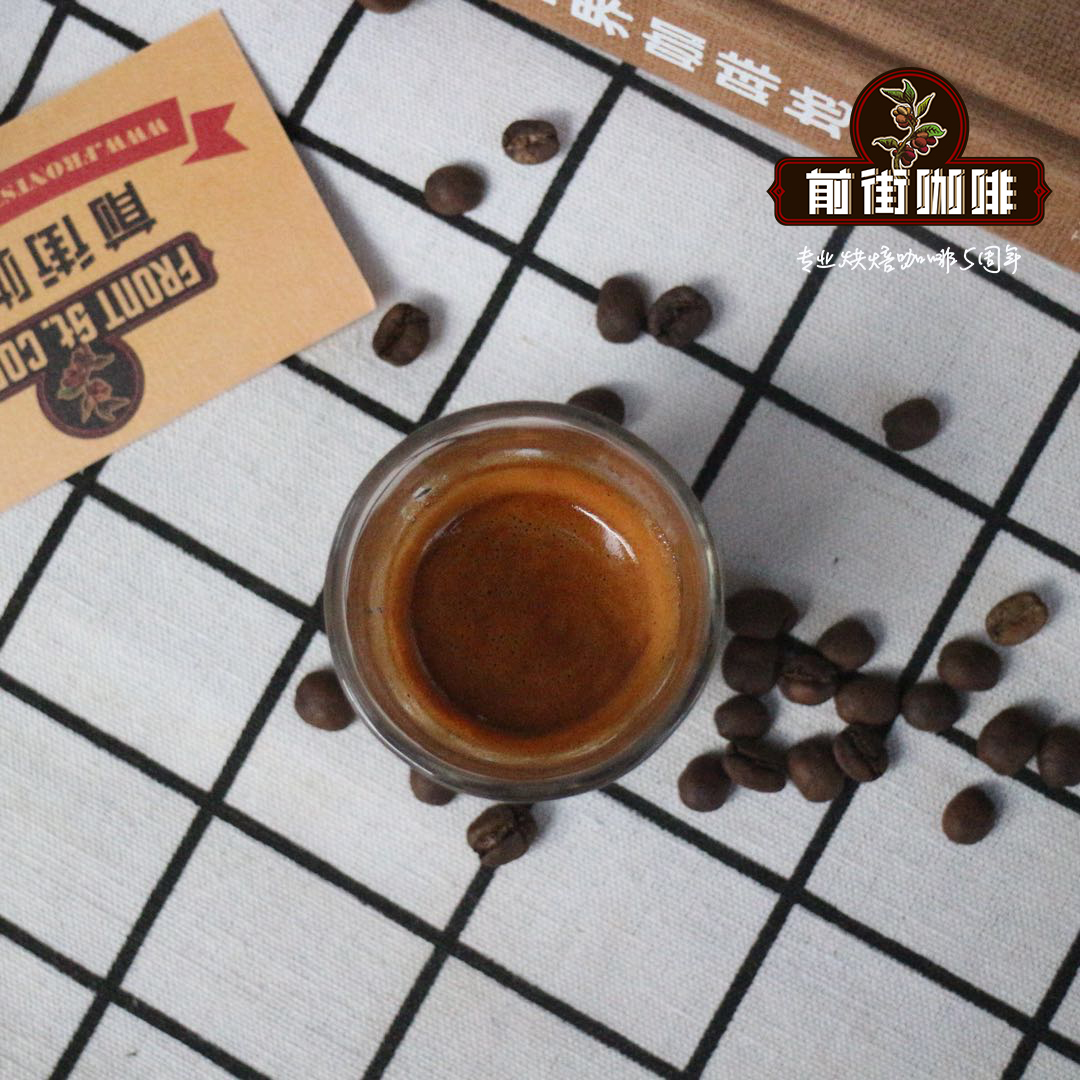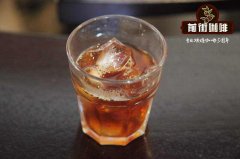The reason why Hawaiian Kona coffee is expensive is Hawaiian Kona coffee really good?

Professional coffee knowledge exchange more coffee bean information please follow the coffee workshop (Wechat official account cafe_style)
Hawaiian kona Coffee:
There is a saying that Blue Mountain is the king of coffee and KONA is after coffee. But relative to the Blue Mountains, due to the island topography and volcanic soil, Hawaiian coffee has a very special taste, not too strong, not too sour and mellow, with pleasant wine aromas and acidity.
Kona coffee is grown without shelter, and Hawaii has an island climate, often with a dark cloud, resulting in a shading effect. Coffee farmers in Hawaii usually keep their farms quite clean, and the fertile land, coupled with the fine management of farmers, is suitable for the climate in which coffee grows. It makes Kona Coffee become the boutique coffee on the market, and the fine Kona Coffee is suitable for the suitable geographical location and climate. Coffee trees grow on the slopes of volcanoes, and their geographical location ensures the altitude needed for coffee to grow; the dark volcanic ash soil provides the necessary minerals for coffee. This is probably due to the fact that Kona Island is rich in volcanic black mud with moderate acidity, rich mineral content and suitable water content. And every afternoon, a cloud floats over the island of Kona to block out the sun to protect fragile coffee saplings.
The climate is very suitable, the sun in the morning gently passes through the air full of water vapor, in the afternoon, the mountains will become more humid and foggy, and the white clouds surging in the air are natural umbrellas for coffee trees, and the evening will become sunny and cool. Because of the suitable natural conditions, the average yield of Kona coffee is very high, reaching 2240 kg per hectare, while the yield of coffee in Latin America is only 600 kg to 900 kg per hectare.
Why are 100% Hawaiian kona coffee beans so expensive?
To sum up, one of the main factors is the high cost of labour. Most of the world's famous coffee production sites are located in third World countries, where there is a generally cheap labor market. The south coast of the Big Island of Hawaii is the Kona Coffee Belt, where workers have been picking and processing coffee beans by hand. Industrial mass production is not popular here. Maybe it has something to do with the relaxing lifestyle in Hawaii. Most Kona coffee is digested in the United States. About 8% are exported to Japan and the rest are sold to specialty stores in Canada and Europe.
What are the taste characteristics of Hawaiian kona coffee beans?
For coffee lovers, if you prefer fresh and warm coffee, then Kona coffee should be the best choice. Before tasting, you will be attracted by the faint aroma of coffee, after tasting, that kind of not strong coffee flavor makes people have a long aftertaste.
Taste
Kona Coffee is fresh, crisp, medium-bodied, slightly sour and full-bodied, with a long finish. Most rarely, Kona Coffee has a blend of wine, red fruit and spices, as fascinating as the colorful colors of this volcanic archipelago.
Hawaii kona coffee bean brand recommendation
The Hawaiian kona coffee beans baked on Qianjie Coffee are fully guaranteed in terms of brand and quality. And more importantly, the performance-to-price ratio is extremely high, a pack of 100 grams, the price is only 120 yuan. According to the calculation of 15 grams of powder per cup of coffee, a bag of coffee can make six cups of coffee, which costs only about 20 yuan per cup, which is recommended by conscience compared to the price sold in cafes for dozens of yuan a cup.
Important Notice :
前街咖啡 FrontStreet Coffee has moved to new addredd:
FrontStreet Coffee Address: 315,Donghua East Road,GuangZhou
Tel:020 38364473
- Prev

Hand-brewing coffee tricks and techniques? The principle and influencing factors of hand-brewed coffee extraction? Hand-made coffee gouache
Professional coffee knowledge exchange more coffee bean information please follow the coffee workshop (Wechat official account cafe_style) hand coffee making techniques and techniques? The principle and influencing factors of hand-brewed coffee extraction? Hand-made coffee gouache ratio? The process of extracting delicious coffee is like a never-ending long journey that determines the quality of coffee. Neither can any factor be ignored.
- Next

How much does the Hawaiian coffee brand recommend? how much is a cup of Hawaiian coffee?
Professional coffee knowledge exchange more coffee bean information please follow the coffee workshop (Wechat official account cafe_style) mention Hawaiian local specialties, KONO coffee can definitely be at the top of the list. Nowadays, even in the Chinese market, there are all kinds of KONO coffee. On closer inspection, most of the 10% Kono coffee sold on the market is not a pure kono.
Related
- Detailed explanation of Jadeite planting Land in Panamanian Jadeite Manor introduction to the grading system of Jadeite competitive bidding, Red bid, Green bid and Rose Summer
- Story of Coffee planting in Brenka region of Costa Rica Stonehenge Manor anaerobic heavy honey treatment of flavor mouth
- What's on the barrel of Blue Mountain Coffee beans?
- Can American coffee also pull flowers? How to use hot American style to pull out a good-looking pattern?
- Can you make a cold extract with coffee beans? What is the right proportion for cold-extracted coffee formula?
- Indonesian PWN Gold Mandrine Coffee Origin Features Flavor How to Chong? Mandolin coffee is American.
- A brief introduction to the flavor characteristics of Brazilian yellow bourbon coffee beans
- What is the effect of different water quality on the flavor of cold-extracted coffee? What kind of water is best for brewing coffee?
- Why do you think of Rose Summer whenever you mention Panamanian coffee?
- Introduction to the characteristics of authentic blue mountain coffee bean producing areas? What is the CIB Coffee Authority in Jamaica?

